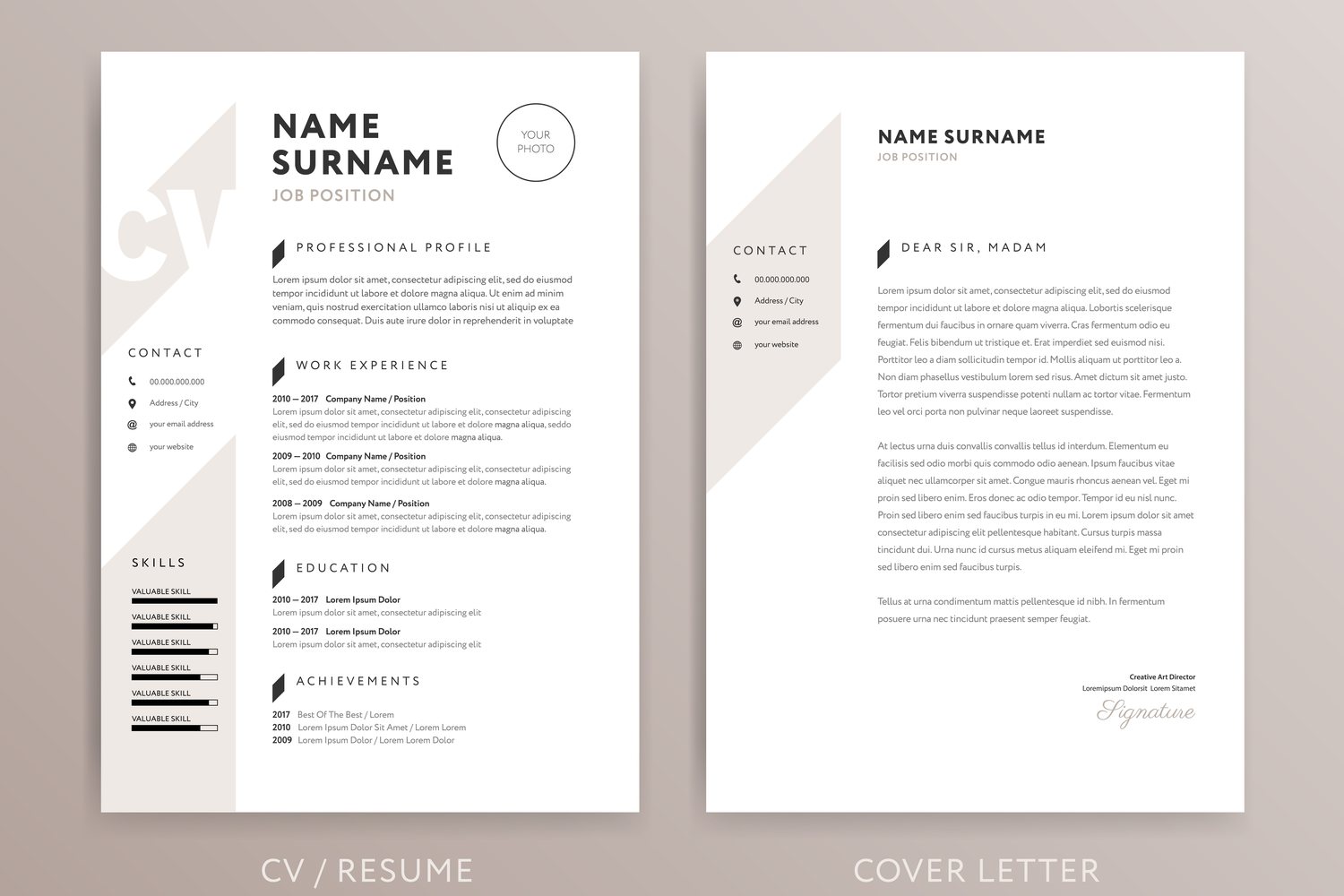
Get Paid to Share Your Expertise
Help shape the future of business through market research studies.
See Research StudiesFor a successful time-effective job search, you need to have both an excellent resume and an excellent cover letter.
While most employers do not require you to send a cover letter, sending one after all might only speak to your eagerness to get the role as well as the willingness to put that extra effort in.
I always tell my clients that even though they cannot count on their cover letter being read in 100% of the cases, sending one puts them in a better spot compared to an applicant who did not do so.
Over time, I noticed that most resumes and cover letters are getting a few things wrong. A few things that are both easy to fix and will put you in the small group of applicants whose applications actually do get read. So here they are, the 3 easily fixable things that both your cover letter and your resume are not doing:
1. They are not hitting the appropriate length
Length is an important factor that will determine the success level of your application. Too short, and you won’t get to tell us what matters. Too long, and no one is going to read it. It sounds hard to believe, but 70% of the resumes fall short of the ideal length, and more than 50% of the cover letters are too lengthy.
Oftentimes, in the world of cover letters and resumes- less is more. So focus on every word having a purpose and avoid generic phrases that do not add value. If you only include what is relevant to the role, you will in fact, make it easier for the reader to get to the main point and notice your achievements and qualifications.
For the perfect executive resume length- aim for 2 pages. One pagers are way too short for someone with over 10 years of professional experience, but 3 pagers, on the other hand, can get dull, and hiring managers rarely ever get to the last page in that case.
For your cover letter- aim for 75%-85% of one page. I always say that lengthy cover letters are even worse than lengthy resumes because they so often read like biographies, which isn’t what anyone is here for.
2. They do not complement each other
Your cover letter and your resume are a team. They should be in sync and aligned, communicating one message and proposing a similar value add. You never know which one is going to be read first, so make sure that your strongest power statement is included in both, together with the most relevant qualifications required for the role you’re applying for.
Yet, be careful not to make them too redundant.
3. They do not have the appropriate keywords
Having the appropriate keywords is what will make your application ATS friendly and, therefore, more likely to get in front of the human eyes after being screened by the computer.
While most experienced job seekers know this, they still struggle to get this right. What’s important is spending a few minutes tweaking your keywords every time (yes, every time) you send your application. If you place them wisely, you will always know how to easily detect them and swap them out within minutes if necessary.
Don’t overlook your cover letter. I know that’s easy to do, but making sure that the main keywords are included in it, too, will only make it more aligned with your resume and your case for being the perfect candidate that much stronger.
Watch the Free Webinar: Cracking the Code: How to Write a Cover Letter That Makes Employers Want to Talk to You

 Andjela Milenkovic
Andjela Milenkovic